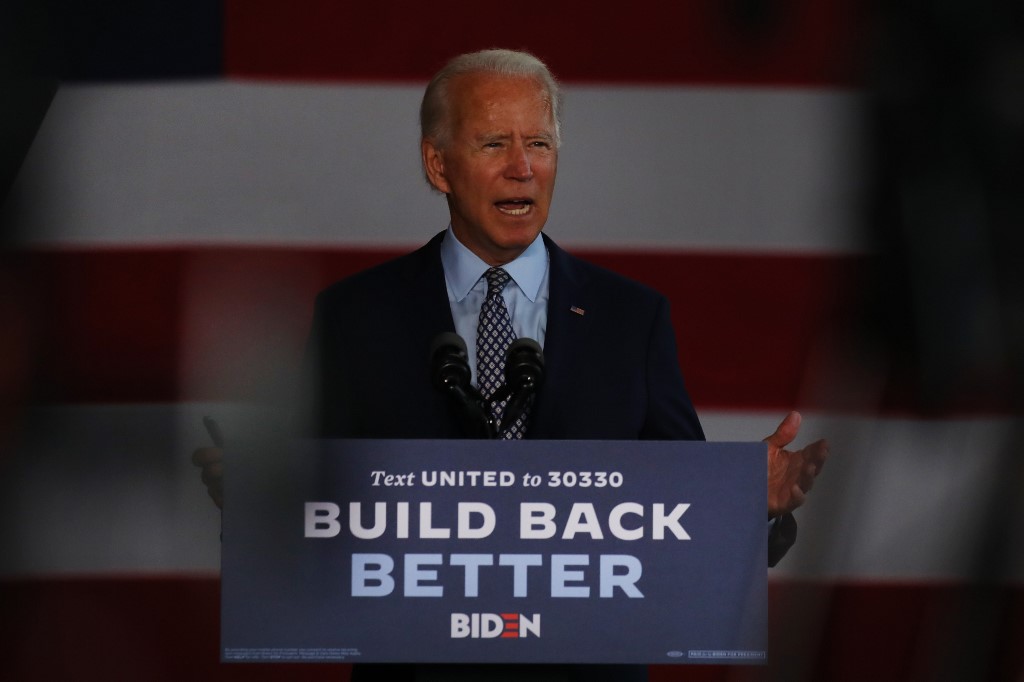The world’s major economies could be finally close to agreeing a deal on global tax rates.
The US proposed a rate of at least 15 per cent on the profits of multinationals worldwide on Thursday and that has been welcomed by the eurozone’s leading economies of Germany and France on Friday.
Washington made the proposal as part of US President Joe Biden’s push to find an agreement with major economies on imposing a shared minimum corporate rate to end a race to lower taxes.
Also on ATF: Musk reveals Tesla is gearing up to build production site in Russia
France and Germany are the eurozone’s biggest economies and their support is key at talks taking place on the subject at the Organisation for Economic Cooperation and Development and G20.
Arriving for a meeting with eurozone counterparts in Portugal, French Finance Minister Bruno Le Maire said Paris “can live with 15 per cent, it can be a good compromise”.
However, “the key question is not the figure”, Le Maire said, insisting that a quick political agreement was key and needed no later than a G20 meeting in Italy in July.
German Finance Minister Olaf Scholz hailed the US proposal as a “breakthrough” that brought negotiations to a “point where we can see that we will make it”.
LOWEST RATE
The OECD negotiations are intended to stop what Washington calls a “race to the bottom” among countries to see who can offer the lowest rate.
In Europe, France and Germany are key backers of the idea, but questions remain from smaller EU member states whose economies depend on keeping taxes low to attract big companies.
The 15 per cent tax rate is lower than in many Western countries – France plans to lower its tax on corporate profits to 25 per cent by 2022, while the US wants to raise its own from 21 per cent to 28 per cent, for example.
But it is higher than in Ireland, which is at 12.5 per cent and gives big firms rates even lower than that.
‘DISCUSSIONS OPEN’
“The discussions are still open,” said Pierre Gramegna, Luxembourg’s finance minister, whose country is headquarters for Amazon and other multinationals.
“As long as it is a common agreed level for all of us, it makes life easier for everybody,” he added.
The real shock of a 15 per cent tax rate would be felt in the tiny jurisdictions whose names crop up in tax scandals or in reporting on elaborate schemes used by firms to cut their tax bill.
Modestly called “jurisdictions with no or insignificant taxes” by the OECD, these include places like the Bahamas, the British Virgin Islands, Jersey, Guernsey, the United Arab Emirates and many others.
ACCOUNTING TRICKS
These states play a major role in so-called “tax optimisation” schemes, often legal, which consist of shifting profits in a complicated game of subsidiaries, royalties, licences, and other accounting tricks to find the lowest tax rates.
Negotiations have been underway for years at the OECD to establish a harmonised tax rate on the profits of multinationals, with a special ambition to better capture the profits of US-based tech giants.
After going nowhere, the discussions were revived with the arrival of Biden in the White House.
Reporting by AFP
Read more:
EU parliament puts China investment deal in deep freeze
Interest rate hopes add thrust to credits liftoff
























